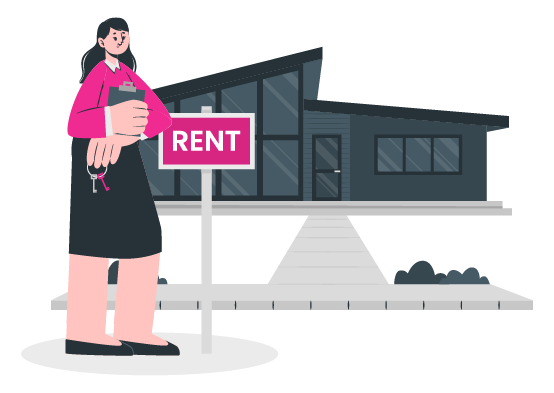A well-drafted tenancy agreement is crucial for both landlords and tenants in Ireland. It sets clear expectations, protects both parties’ rights, and ensures compliance with legal regulations. Whether you are a first-time landlord or an experienced property manager, understanding the key elements of a legal tenancy agreement in Ireland is essential.
1. Understanding the Importance of a Legal Tenancy Agreement
A legal tenancy agreement is a binding contract between a landlord and a tenant, outlining the terms and conditions of renting a property. Without a properly drafted agreement, disputes can arise, leading to unnecessary legal complications.
- Protection for Both Parties: Clearly defines rights and obligations.
- Legal Compliance: Ensures adherence to Irish rental laws.
- Financial Security: Establishes terms for rent payments and deposits.
2. Key Elements of a Legal Tenancy Agreement in Ireland
To ensure your tenancy agreement is legally valid and enforceable, include the following elements:
- Names and Contact Details: Full names and addresses of both landlord and tenant.
- Property Details: Exact address and description of the rental property.
- Lease Term: Duration of the tenancy (fixed-term or periodic).
- Rent Payment Terms: Amount, due date, and preferred payment method.
- Security Deposit: Amount and conditions for its return.
- Maintenance Responsibilities: Defines who is responsible for repairs and upkeep.
- Termination Clauses: Conditions under which either party can end the agreement.
3. Legal Requirements for Tenancy Agreements in Ireland
Under Irish law, all residential tenancy agreements must comply with regulations set by the Residential Tenancies Board (RTB).
- Registration with the RTB: Landlords must register all tenancies within one month of commencement.
- Minimum Notice Periods: Defined timeframes for termination based on tenancy duration.
- Rent Review Rules: Landlords must provide written notice before increasing rent.
- Tenant Rights: Including the right to privacy, fair treatment, and property maintenance.
For further guidance, visit FindQo.ie.
4. Common Mistakes to Avoid When Drafting a Tenancy Agreement
Even experienced landlords can make mistakes when drafting tenancy agreements. Here are some common errors to avoid:
- Vague Terms: Be specific about rent payments, maintenance, and responsibilities.
- Lack of Clarity on Deposits: Clearly state conditions for deposit deductions.
- Ignoring Legal Updates: Irish rental laws change periodically; always stay updated.
- Failing to Include Termination Clauses: A well-defined exit strategy benefits both parties.
5. How FindQo.ie Can Help

Drafting a tenancy agreement can be complex, but FindQo.ie simplifies the process by offering a platform where private landlords can sign up and post rental property ads, reaching a wider audience of potential tenants.
- Advertise Properties: Landlords can list their rental properties quickly and easily.
- Reach More Tenants: Gain visibility among a large pool of renters in Ireland.
- User-Friendly Platform: Simple and efficient property listing management
A comprehensive legal tenancy agreement is essential for smooth rental operations in Ireland. By ensuring compliance with Irish laws and including key elements in the contract, landlords can protect their properties while fostering positive landlord-tenant relationships. Use FindQo.ie as your go-to platform to advertise rental properties and connect with tenants across Ireland.
Start listing your rental properties today and reach the right tenants effortlessly!

